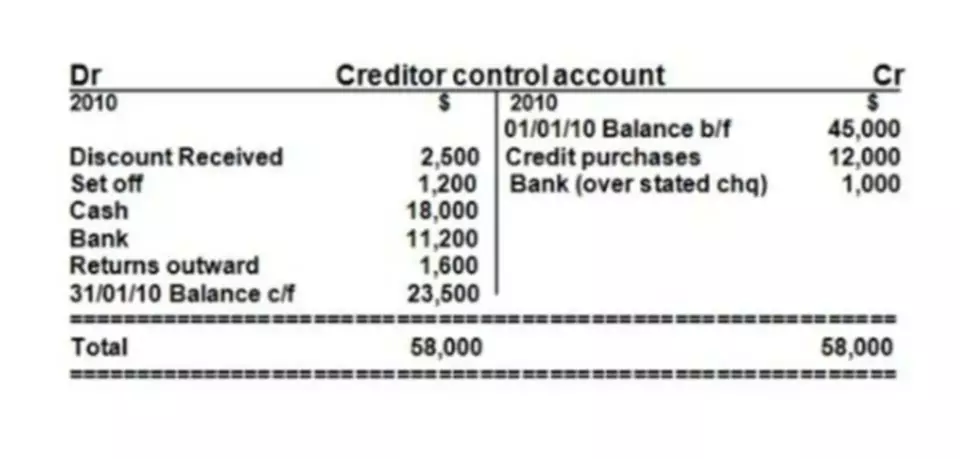- test :
Content

An inaccurate short-term view is also something to consider since the cash method gives you a better view of your bank funds. This means that accrual accounting https://www.bookstime.com/ can be financially devastating to a small business – your books could show a large amount of revenue when your bank account is completely empty.

It might also be a good idea to hire a certified public accountant. FreshBooks is an accounting software service with affordable tier options aimed at freelancers and small businesses. FreshBooks offers all the essentials through a simple and intuitive design. If your company will benefit from accrual accounting (or you’re required to use it), but you don’t have the time to keep the books yourself, you’ll likely have to hire a dedicated accountant. Accrual accounting is more involved than cash accounting, and there are rules around specific types of transactions. There are even rules on what types of businesses must use accrual accounting.
Cash accounting example
If you work with an accountant, you can easily share your spreadsheets to provide an accurate look at your finances and tax obligations. Because income and expenses are recorded at different times if a business is using cash or accrual accounting, this also impacts when businesses incur tax liability as a result of these transactions. Unlike cash basis accounting, which provides a clear short-term vision of a company’s financial situation, accrual basis accounting gives you a more long-term view of how your company is faring. If you use cash basis accounting you generally will recognize revenues and expenses when cash is received from customers or paid to vendors. Accrual accounting makes it easier to match revenues with expenses. With accrual accounting, you would book the revenue from the job in December, the same month that you paid for the construction materials. GrowthForce provides detailed reporting for your business backed by bookkeeping and accounting you can trust.
- Each provides different views of the financial health of a company.
- For reporting purposes, accrual basis will usually provide better financial intelligence on the true state of your business.
- Accrual accounting is a method of accounting where revenues and expenses are recorded when they are earned, regardless of when the money is actually received or paid.
- Plus, most accounting software defaults to it anyway—you’ll definitely want to familiarize yourself with the method, but you can leave a lot of the technical details up to your software.
- Accrual accounting is more involved than cash accounting, and there are rules around specific types of transactions.
- For example, if you write a single check for this month’s rent and next month’s rent, only this month’s rent would be considered an expense this month.
However, if tracking cash flow is your primary concern and if you want a simple accounting system, cash basis accounting might be the better option. The bottom line is it will take considerable time, effort, and personnel to practice accrual basis accounting as items such as prepaid expenses and unearned revenue must be accounted for.
What’s the difference between cash and accrual?
However, the cash basis method might overstate the health of a company that is cash-rich. That’s because it doesn’t cash basis vs accrual basis record accounts payables that might exceed the cash on the books and the company’s current revenue stream.
Cash accounting recognizes revenue and expenses when money changes hands. Accrual accounting recognizes revenue and expenses when they are incurred. It is much easier to manage cash flow in real-time by merely checking the bank balance rather than having to examine accounts receivable and accounts payable. Given that most businesses fail due to improper management of cash flow, businesses that use accrual accounting still need to perform cash flow analysis. Deciding between cash basis accounting and accrual basis accounting can be a difficult decision when you are first starting your business. Each offers different viewpoints into your company’s financial wellbeing.
Cloud accounting software
Medium to large businesses, whose sales exceed 5 million on average over a three-year period, are required to do accrual basis accounting. Under accrual accounting, the cash balance shown on the balance sheet might not be an accurate representation of the company’s actual liquidity – which explains the importance of the cash flow statement.
- While businesses that use accrual accounting incur tax liability for sales earlier, they may also be able to take advantage of depreciation to save money on taxes over the long term.
- Therefore, the accrual-basis accounting method ultimately provides a greater overview of your business’s financial situation, taking far more into account than cash flow or cash on hand.
- Businesses that use cash basis accounting recognize income and expenses only when money changes hands.
- The main difference between accrual and cash basis accounting lies in the timing of when revenue and expenses are recognized.
- However, if a purchase is paid on credit or with a check, the two accounting systems will diverge.
- Conversely, businesses that extend credit to customers or use credit with their suppliers tend to find that accrual accounting gives a better picture of overall financial health.
A summary of key differences between the two methods, as well as their advantages and disadvantages are in the chart below. Investopedia requires writers to use primary sources to support their work.

YOUR COMMENT